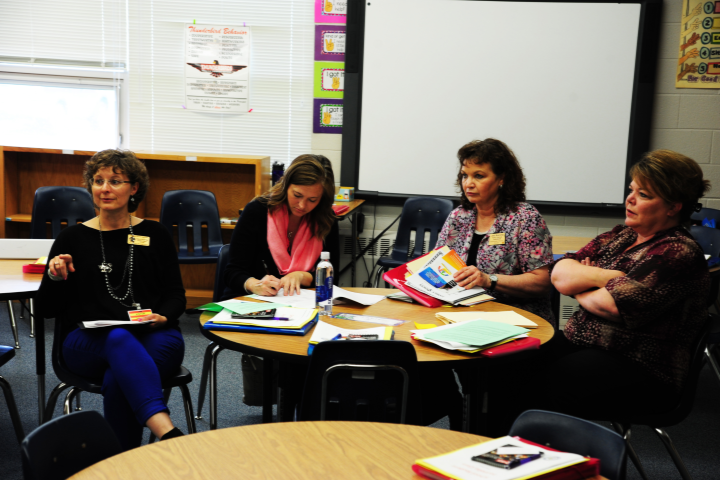The Newport-Mesa Unified School District is considering recommendations from a California nonprofit about how to de-stress students in an increasingly competitive academic environment.


The Newport-Mesa Unified School District is considering recommendations from a California nonprofit about how to de-stress students in an increasingly competitive academic environment.
Challenge Success, based in Stanford, helps more than 150 schools across the country strategize ways to reduce the burden on students and allow them to focus on other aspects of building a successful life, according to the Los Angeles Times.
“We’re fighting against a culture of go, go, go where schools are busier than we ever have been before,” Challenge Success program director Margaret Dunlap told Newport-Mesa school board members.
The Challenge Success website contends the “largely singular focus on academic achievement has resulted in a lack of attention to other components of a successful life – the ability to be independent, adaptable, ethical and engaged critical thinkers.”
“The overemphasis on grades, test scores and rote answers has stressed out some kids and marginalized many others,” according to the site.
Dunlap is working with several high schools in the Newport-Mesa district to collaborate with parents and students to develop their own plan of action to address the issue, through things like reduced homework policies, no homework nights, limits on time spent on sports, revised grading policies, and “dialogue nights” between students, parents and school officials, the Times reports.
“We don’t have a one-size-fits-all curriculum,” Dunlap said.
Other potential changes, such as an earlier start to the school year, will require district officials to negotiate with union leaders to modify the district’s collective bargaining agreement.
Teams of volunteers – eight to 10 parents of school faculty – will also attend Challenge Success conferences in the spring and fall to brainstorm ideas and craft action plans. In the meantime, district officials are distributing information from Challenge success about research on homework and cheating, with ideas about how to limit stress on students.
“Parents are anxious to learn – they have their own stress built in,” said Charlene Metoyer, vice president of the Newport-Mesa school board.
James Hunter at the Institute for Advanced Studies in Culture supports this sentiment: “One cannot understand character outside of culture, and culture matters decisively” (The Tragedy of Moral Education in America, p. 6). The question then becomes what is the shared vision of moral goods shared by a particular community.
Teachers and principals in thinking about whether academic studies override the school’s efforts to instill positive moral and character development in students can find useful information at the UK’s The Jubilee Centre by reading the Jubilee Centre’s document, Character Education: Evaluation for Schools.